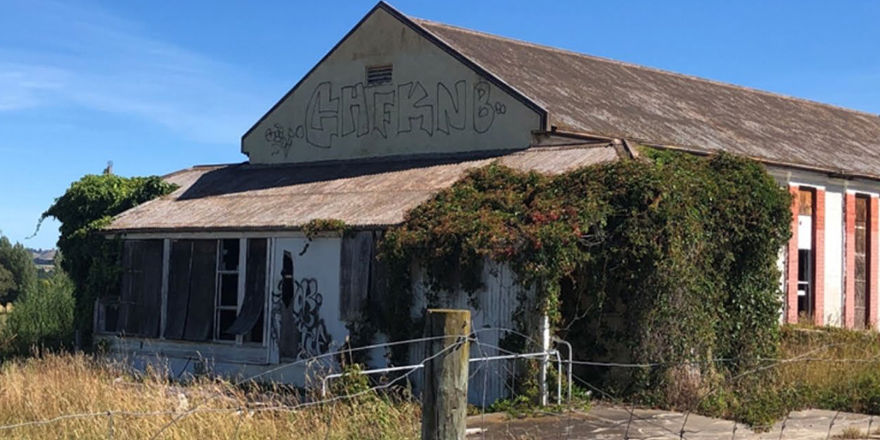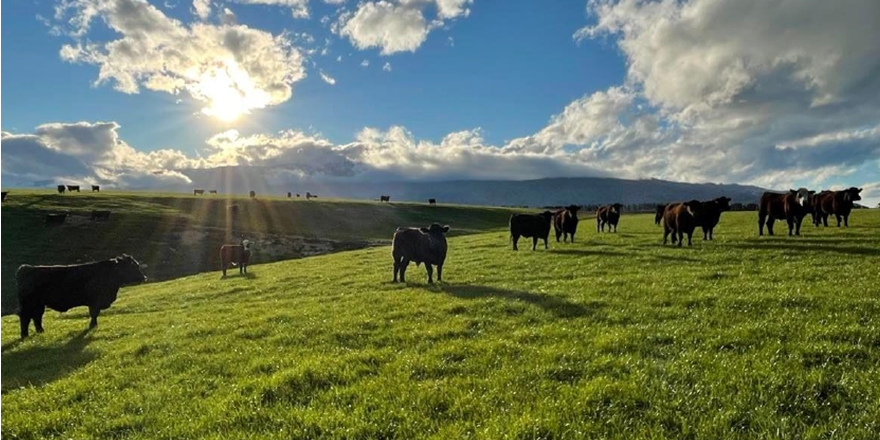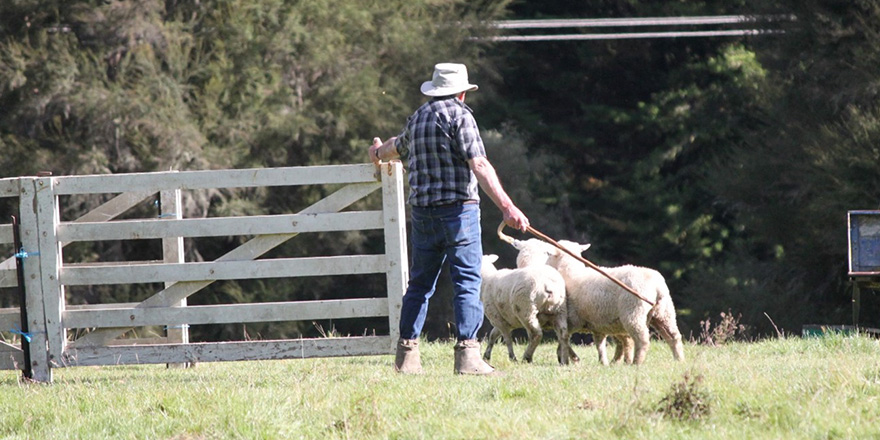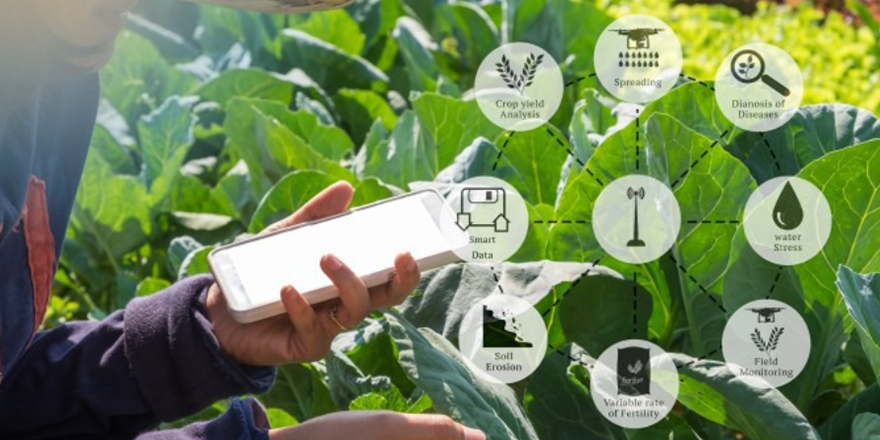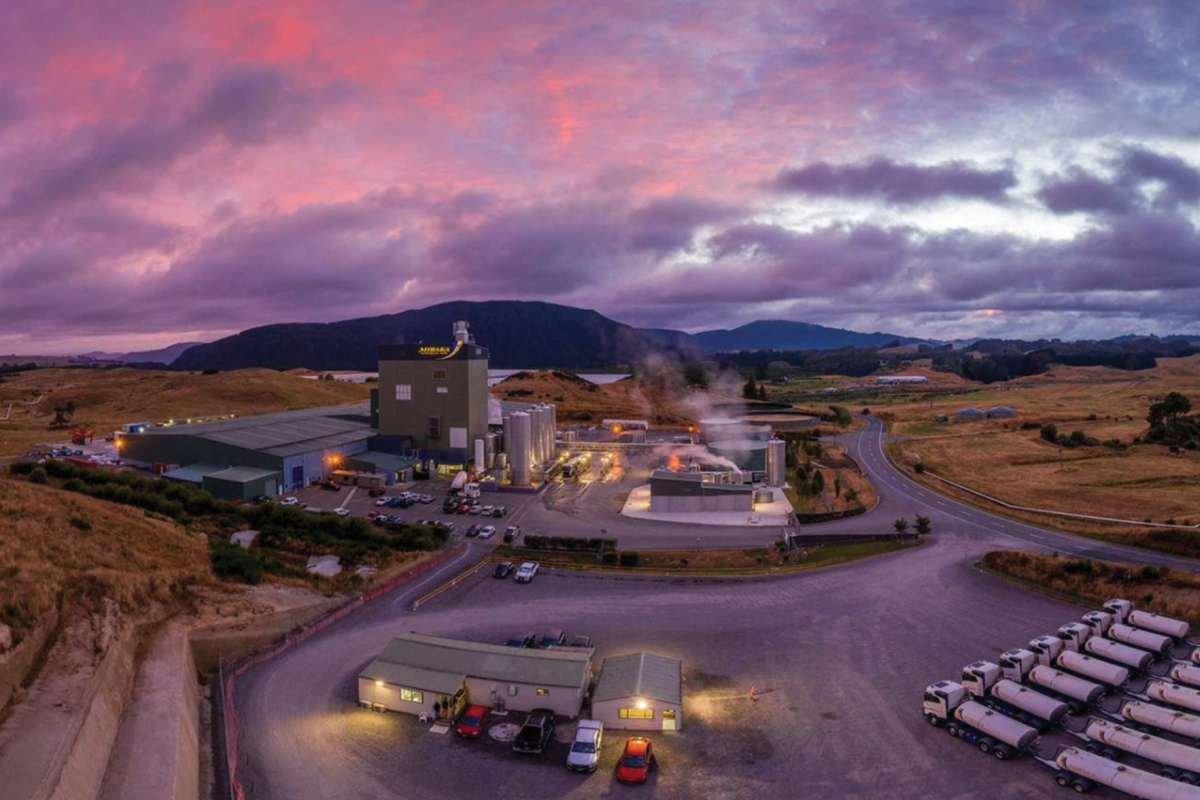
Executive summary
New Zealand has a milk pool which is no longer growing, which means that all exporters must extract as much value from each drop of milk as possible. It is imperative that independent dairy manufacturers find customers willing to pay premium prices for products to optimise the value they generate from their decreasing (and increasingly subject to poaching) milk pool. Large dairy co-operatives can change the nature of their portfolio to meet market trends and make volume to satisfy significant customers to ensure their success. Meanwhile, independent dairy manufacturers are more likely to be significantly impacted by market changes or trends, without the operational means to adapt their business model dynamically in line with market or consumer behaviour.
New Zealand’s dairy export industry has historically been heavily reliant on large, single markets to consume the volume of dairy produced. While New Zealand produces only 3% of the total dairy in the world, it comprises approximately one third of the dairy exports globally, making our nation a key, trusted player in the global dairy trade despite our relatively small size and distance from key markets.
This report will investigate how small independent dairy manufacturers in New Zealand, with limited financial resources and inability to flex production in line with market behaviour can best future proof themselves for f inancial sustainability and build reliable trade relationships.
My research method has been a combination of literature review as well as conducting semi-structured interviews with industry experts from a variety of backgrounds. From my interview data I prepared a thematic analysis to compare key outputs from my interviews, with key themes from my literature review.
Through my research I discovered that New Zealand’s independent dairy manufacturers are in a good position to attract capital investment from external investors. Māori owned companies are in a particularly favourable position, with the current government’s prominent drive for supporting the Māori economy. However, independent dairy manufacturers need to be able to maintain strong relationships throughout the value chain to ensure their products are truly valued at all points, for both the food quality and nutritional value it provides, as well as the intrinsic values that the company upholds, such as sustainability.
Developing nations are more are more likely to place a higher value on “credence attributes” such as sustainability and animal welfare. This suggests that independent dairy manufacturers who wish to extract value from these attributes should concentrate their market development in these areas. Within these developing nations, where there are indigenous peoples, Māori owned businesses who apply te ao Māori principles in their business interactions may more easily find alignment, as these values are commonly understood and respected.
Alternative methods of market access should be investigated both to circumvent tariA barriers, as well as combatting the “tyranny of distance” that New Zealand exports face. This can be a deterrent both due to cost of shipping as well as time to market. If co-manufacturing or establishing operations within target markets is economically feasible it can be a successful means to combat this diAiculty.
Strong and well sustained relationships are key to mitigating geopolitical risk, as well as ensuring value is realised for New Zealand’s independent dairy manufacturers.
Malinda Wynyard

